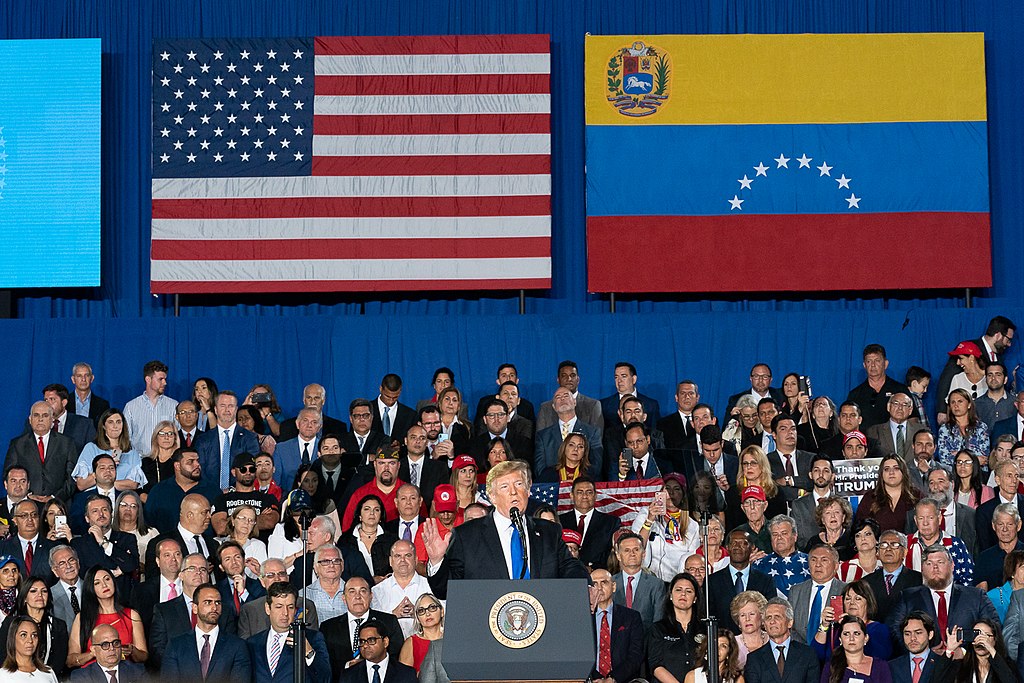
(Scypre.com) – On April 7, 2025, the U.S. Supreme Court, in a 5-4 decision, granted the Trump administration’s request to lift a stay that had been blocking the deportation of Venezuelan migrants under the 1798 Alien Enemies Act. This ruling allows the administration to proceed with deportations but mandates that individuals must first be granted a court hearing.
The Alien Enemies Act, enacted in 1798, grants the U.S. president authority to detain and deport nationals of foreign countries considered hostile during times of war or invasion. Prior to this invocation, the law had been used sparingly, notably during World Wars I and II. President Trump invoked this act, citing the Venezuelan gang Tren de Aragua as an invading force threatening U.S. security.
In March 2025, U.S. District Judge James Boasberg issued a temporary restraining order halting the deportations, emphasizing the need for due process. The Trump administration appealed this decision, leading to the Supreme Court’s recent ruling. The Court’s majority opinion allows deportations to proceed but requires that detainees be notified in time to pursue habeas corpus claims, ensuring their due process rights are upheld.
The American Civil Liberties Union (ACLU), representing some of the affected Venezuelan nationals, acknowledged the Court’s affirmation of due process rights but expressed concerns about the broader implications of using the Alien Enemies Act in this context. Justice Sonia Sotomayor, in her dissenting opinion, criticized the majority for acting hastily and raised concerns about the risks of fragmented individual cases.
President Trump welcomed the ruling, stating, “The Supreme Court has upheld the Rule of Law in our Nation by allowing a President… to secure our Borders, and protect our families and our Country.”
The decision has heightened fears among Venezuelan communities in the U.S., particularly in areas like Doral, Florida, known as “Little Venezuela.” Many migrants who have built lives and businesses in the U.S. now face uncertainty regarding their legal status and potential deportation.
While the Supreme Court’s decision permits the resumption of deportations, it sets a precedent for the application of the Alien Enemies Act in modern times. Legal experts anticipate further challenges and debates over the scope and constitutionality of using this 18th-century law in contemporary immigration enforcement.